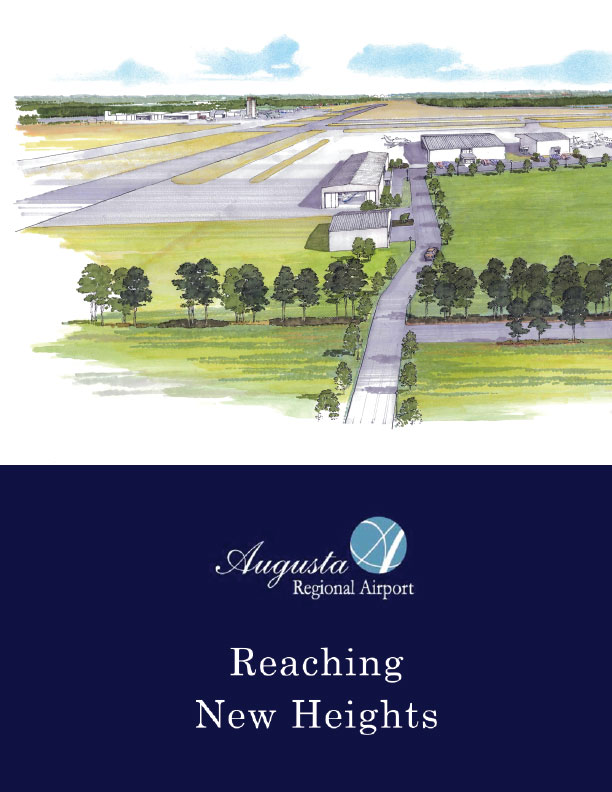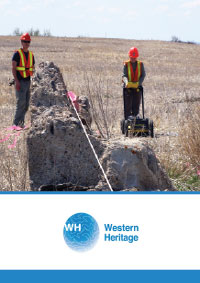A Haven of Recreation
Rothesay’s history dates back to 1860, when the town was settled as a shipbuilding centre and an ideal location for
summer homes and cottages for Saint John’s wealthy inhabitants. In 1998, amalgamation saw the communities of East Riverside-Kinghurst, Fairvale, Renforth, Rothesay and Wells form one town under the name of Rothesay. The five communities are represented in the town’s motto, Quinque Iuncta In Uno, which translates to Five United In One.
Often referred to, and self-proclaimed as a ‘bedroom community’ to the nearby city of Saint John, New Brunswick, Rothesay has become a leading residential choice in the province due to its low tax rates, plentiful recreation options and proximity to amenities offered by Saint John.
“One of the things we promote Rothesay as is a great place to live, raise your family and have recreation facilities,” says Mayor of Rothesay and life-long resident Bill Bishop.
“We’re situated on the Kennebecasis River and we have two yachting clubs,” he continues. “During the winter there’s ice fishing; we have over 100 shacks on the river right now. We also have a first-class golf course- the only one east of Montreal which has held the Canadian Open.”
The town itself has managed to keep taxes at the lowest rate in the province of New Brunswick, even going a few years shy of a decade without any significant increase. With their housing market in excellent shape, providing top-notch services without increasing taxes is not only a source of pride, but a testament to the vibrancy of Rothesay.
“We have the lowest tax rate in the province, at $1.20 per $100,” Bishop states. “We raised it one cent this year, which is the first time it has been raised in six or seven years.”
“To put that in context,” adds Rothesay’s Director of Operations Brett McLean. “Our neighbouring city’s tax rate is $1.78. That’s a great point of pride for us because we have -what we consider- the best services in the area. And we’re doing it all, as the Mayor said, with the lowest municipal incorporated tax rate in the province of New Brunswick.”
The Rothesay Commons & Active Transportation
2015 will see the town of Rothesay remain committed to increasing the recreational opportunities available to residents of all ages. Their most recent project involves the renovation of The Rothesay Common, an open green space primarily used for public gatherings (such as Canada Day and Remembrance Day) and leisure activities. The renovation and upgrades will see drainage concerns addressed, improved accessibility for the playground, and an amphitheatre for concerts and special events, as well as a new artificial outdoor ice rink.
“We’ve just selected a contract for 2.1 million to renovate the drainage and also build an outdoor, artificial ice surface, and renew the small rink house that is on the common,” Bishop explains. “This will add greatly to the recreation opportunities in town.”
When the planning stages began in 2013, the town of Rothesay ensured that any consultant tendering a proposal for the project would also have a plan in place for public input. Community involvement was a key aspect in deciding what to do with the space, and The Common was high on residents ‘to-do’ lists.
“We have a town recreation commission,” Bishop says. “They went out and spoke to people and had surveys, and The Common was one of the areas that people wanted renovated. We then engaged an architect firm from Fredericton – the Glenn Group- to design it. At our last council meeting, we put the contract out and work will start in the spring, it should be finished in the fall of 2015.”
In addition to The Rothesay Common, the town also has a five-year plan to increase the walk-ability of their streets. Their goal is not only to make Rothesay a more accessible place to live, but also to encourage active transportation among their residents. Implementing the idea practically, the town has focused in on higher density areas, as well as developing neighbourhoods.
“The five year plan is to expand sidewalks and try to have coverage in areas where there is multi-unit residential development, areas where there are schools, and thirdly where there is heavy commercial retail development,” says McLean.
“It’s a five year plan worth two million,” he continues. “It’s all geared towards making Rothesay an even more amenable place to live, and towards active transportation to get people out of their cars and on their bikes and into sneakers.”
Clean & Green
With projects surrounding recreation and the health and wellness of their citizens, it should come as no surprise that the Town of Rothesay is committed to advancing their water treatment systems. In 1996, the town implemented a ZeeWeed microfiltration process which continues to service the community to this day. The technology, which was new to Canada, allows Rothesay to treat upwards of 600,000 gallons of water a day.
“Our water treatment system, a microfiltration process trademarked by GE [General Electric], was the first of its kind in Canada,” states McLean. “Rothesay was the trial, and since that time, GE has expanded and they have nearly 2000 plants around the world now. It has become the premier treatment for water and we were the first ones, we were pioneers in it. It’s worked very well and served our citizens very well, so we’re quite proud of it.”
Rothesay’s innovation doesn’t stop there. As of 2015, the town has begun work on a sizable project with the focus being on maintaining the beautiful Kennebecasis River. As McLean details, Rothesay intends to be a leader in wastewater treatment across the province.
“We’re currently working on a large project in the $25 million range, to implement biological treatment of wastewater,” he says. “Which will put us in a category outside of all of our peer municipalities in New Brunswick, because we’ll be treating wastewater to a level that – even though we never would – could be consumed as potable water.â€
In general, Rothesay as a council and community share the goal of protecting their environment. When looking towards the future, it’s a priority to ensure projects are being done in a way that respects the town’s landscape and ecosystems.
“We want to be good stewards of the river,” McLean continues. “All wastewater and storm water eventually ends up there, and this council has been very proactive in finding ways to respect the river and combine it with our way of life.”
“The citizens of Rothesay are very pointed in their concerns about the environment,” Bishop adds. “We hear about it continually to make sure we’re doing things environmentally friendly. From a council point of view, we respect the environment and with any project we enter into, we make sure that the environment is protected.”










